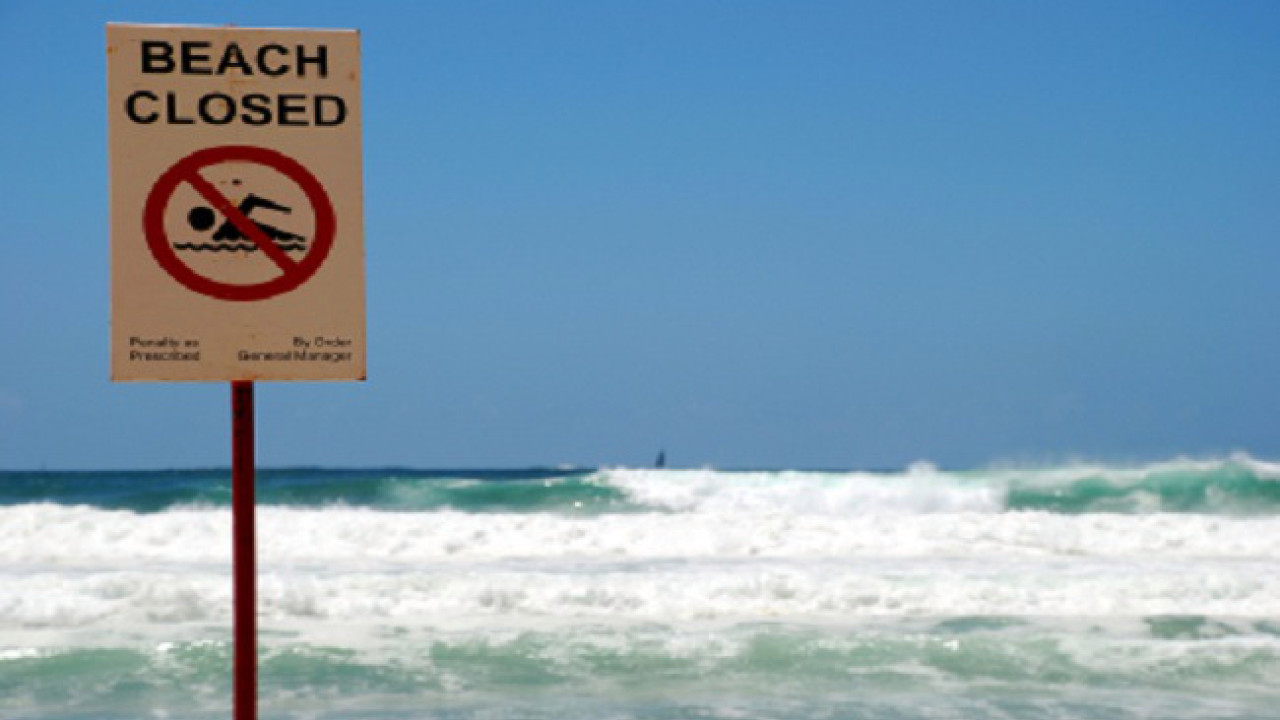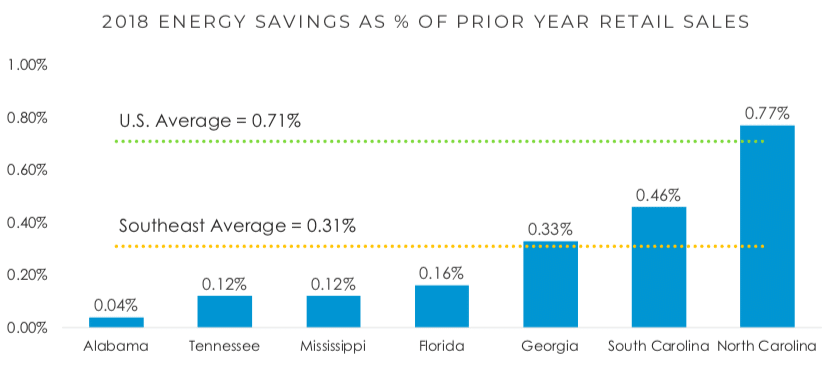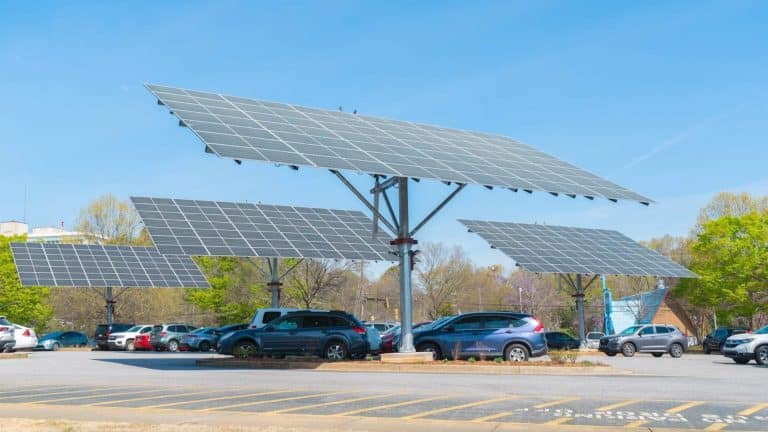No family should ever have to choose between paying an electric bill and putting food on the table.
The coronavirus pandemic is already profoundly affecting our everyday lives and our sense of security. As the government responds to the spread of infection here in Florida, and throughout the nation, we are all understandably anxious about our personal health and that of loved ones. But both in the short and long term, the impacts of this crisis will be felt most profoundly by families struggling to make ends meet.
For the first time ever, Americans are being called upon to practice “social distancing,” which the US Centers for Disease Control and Prevention (CDC) defines as remaining out of places where people meet or gather. Public events and meetings are being canceled as state government and municipalities are closing down beaches and imposing restrictions on restaurants and bars to keep residents safe from the virus.
To keep the spread of coronavirus in check, people have been asked to largely remain at home. More time at home will invariably also mean higher energy use.

As businesses close their doors to safeguard the public health, only about one-third of the workforce is able to work remotely, putting countless workers at risk of having their work hours reduced or losing their jobs. Cutbacks to the retail shop workforce, restaurant and hospitality service workers, education aides, and janitorial workers (just to name a few) are already having ripple effects across the economy and directly impacting the lives of individual families. Unfortunately, these impacts will fall disproportionately on low-income communities who can least afford it.
With reduced wages and higher energy bills, the coronavirus crisis is compounding an already serious problem of high energy burdens in Florida, where families are forced into untenable tradeoffs between paying the energy bill and purchasing essential basic needs like food and medicine.
To keep homes safe, comfortable and secure, families must continue to have access to electricity to power their homes –– especially as we head into the heat of the summer here in Florida and the Southeast. Energy justice demands both short-term relief and long term action.
Utilities suspending disconnections during crisis
To their credit, a number of utilities in the Southeast are suspending disconnections for non-payment during the coronavirus crisis, at least in the short term. You can find out if your utility has suspended disconnection during the crisis here thanks to the work of the Energy and Policy Institute – which is tracking disconnection suspensions nationwide.
Investments needed to reduce energy burden
While, the disconnect suspensions provide a short term reprieve for families who are struggling financially during the crisis, the problem of unaffordable energy bills goes much deeper. Florida already has among the nation’s highest average monthly energy bills, in large part due to a historic failure by its electric utilities to adequately invest in energy efficiency. As a result, Florida’s working families, including those living month to month, are paying higher energy bills than customers in states with substantially more robust efficiency programs.
Without adequate utility energy efficiency programs, low-income families are the most likely to lack the necessary information and financial resources to make key efficiency investments in their homes, improvements that would reduce energy use and save money on bills. With already high energy burdens causing financial vulnerability and a low-income population totaling more than 5 million individuals (36.8%) there is a critical need for meaningful energy savings goals and robust efficiency programs going forward – especially programs designed to serve low-income families who are most in need.
Much work remains
As reported in our recent Energy Efficiency in the Southeast 2019 Annual Report, Florida is well below the national average, and even the far lower Southeast regional average, in providing energy savings for electric customers. And for low-income families, efficiency programs in Florida are barely scratching the surface. Effective efficiency programs typically provide incentives for everything from upgrading an AC unit, to adding attic insulation or switching out inefficiency lighting, thereby helping to make homes more efficient and comfortable while simultaneously reducing monthly electric bills.

Fortunately, the Florida Public Service Commission (PSC) recently stopped the backsliding on state energy goals by rejecting the power companies’ proposals to slash efficiency savings goals to zero, or next to zero. But there is a long way to go for Florida’s hard-working families to get the needed utility investment in energy efficiency programs they need to meaningfully reduce energy use and save money on bills.
The Southern Alliance for Clean Energy is continuing to work on increasing the state’s energy savings goals and getting Florida’s electric utilities to offer customers meaningful efficiency programs (in both scope and depth). This is especially important for low-income customers impacted by the long term financial consequences of the coronavirus crisis. That is why we are now engaging the PSC regarding the energy efficiency program plans just filed by the state’s big power companies – to ensure that well-crafted customer programs are approved by the Commission.
We’ll keep you updated on the continuing efforts to reduce the energy burden in the Southeast. In the meantime, take the recommended CDC precautions during the pandemic and please stay safe during this trying time.


